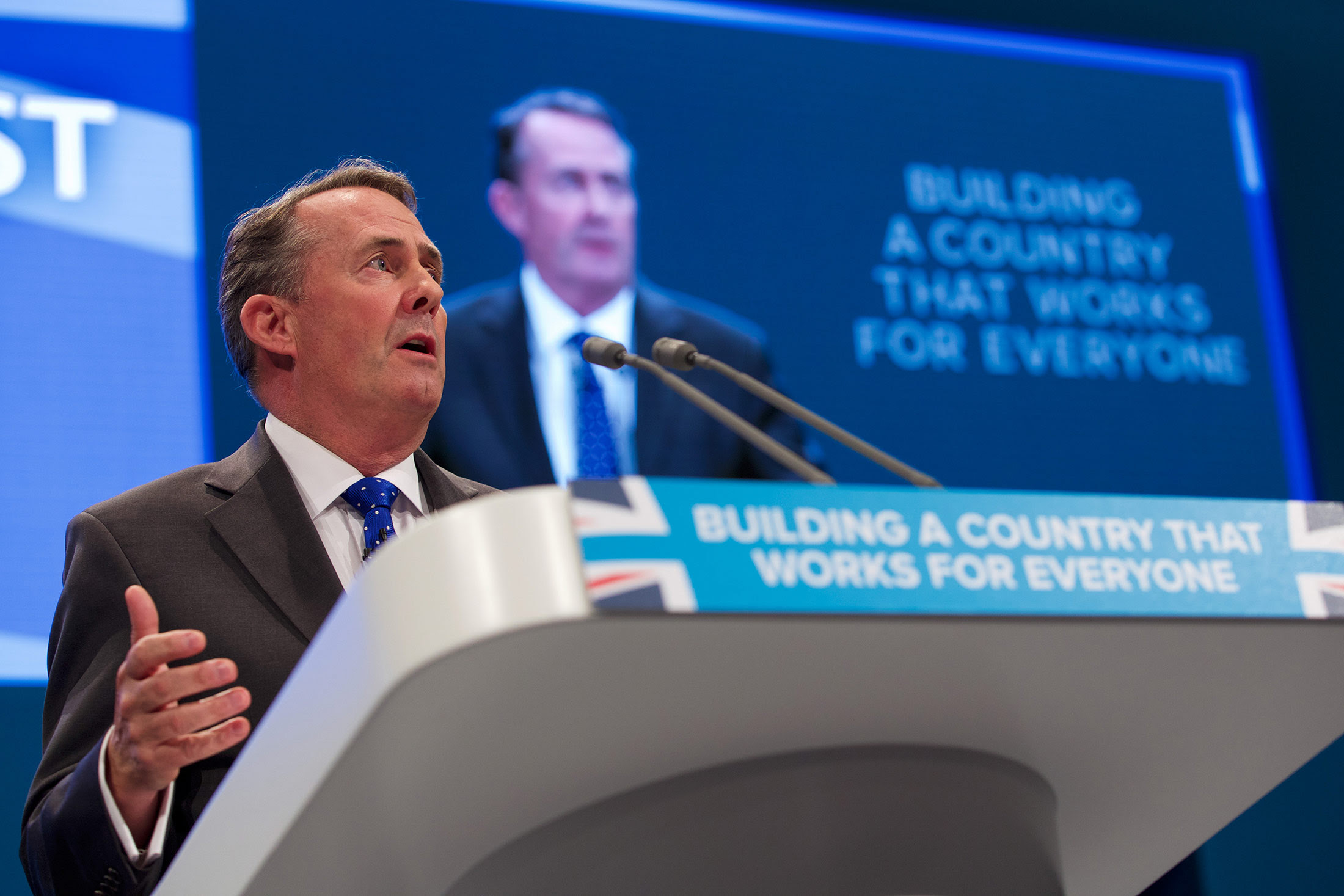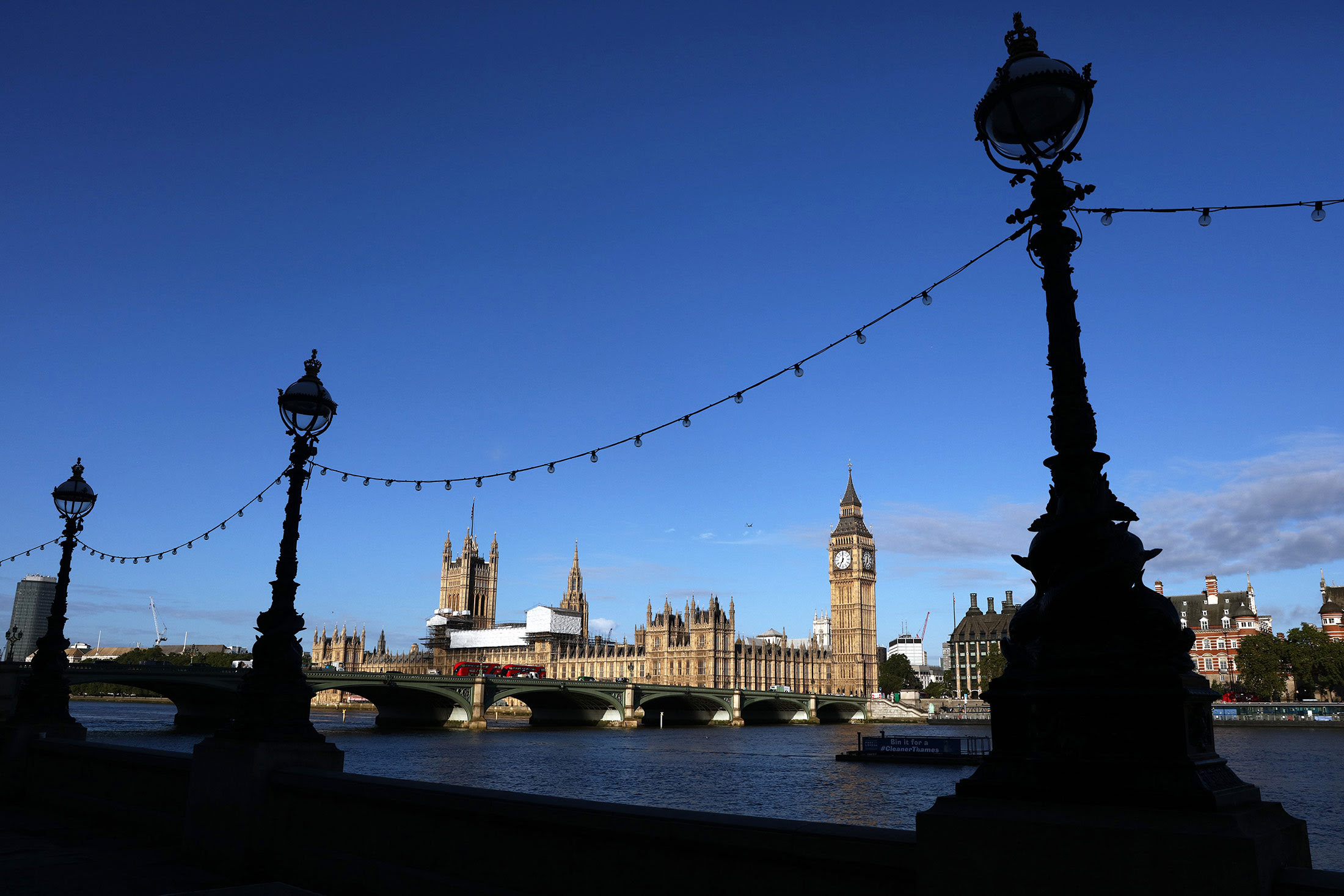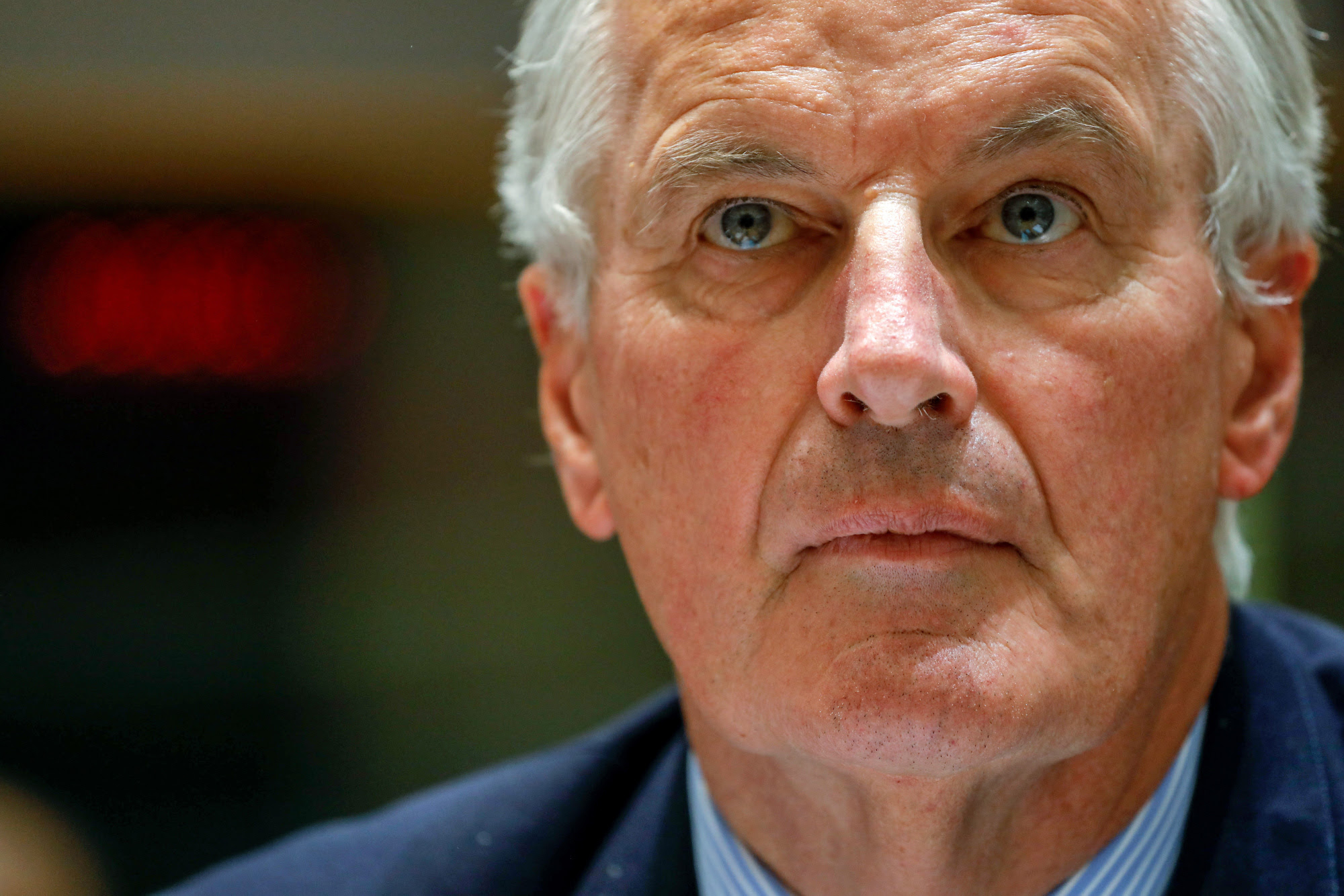Project Fear
As the government tried to present a united front during the Tory party conference, Brexit Secretary David Davis’s message to the faithful was that the government has a “determined exercise” under way so that it’s ready for the worst if talks fail. “Not because it’s what we seek, but because it needs to be done.”
In private too, senior officials are growing concerned that the EU’s refusal to move talks on to trade—with just 18 months to go until Britain leaves—will make a deal impossible before the deadline, Bloomberg’s Tim Ross reports.

Leaving the EU without a deal would be catastrophic for business, throwing industries from financial markets to air travel and pharmaceuticals into legal limbo. After decades under European rules, trading terms would revert overnight to World Trade Organization tariffs, and trucks could pile up at ports awaiting customs checks.
Playing to the domestic audience, U.K. ministers stepped up their rhetoric against the EU. Trade Secretary Liam Fox said it wasn’t the U.K.’s fault that talks were advancing slowly, but “the blame for that lies on the unwillingness of the European Union to get into the second stage of negotiations.”
The European Parliament and the Commission’s top officials yesterday made it clear that Britain has to do more, particularly on the contentious issue of the financial settlement, if it wants to start talking about the future trading relationship.
Talks in Brussels resume next week, and the European side will be hoping that with the party conference out of the way—and Foreign Secretary Boris Johnson back in line behind his boss—that negotiations can quietly progress.
Brexit Latest
Hammond’s Campaign | Despite the show of unity, the Cabinet’s enduring divisions over a transition deal were on display on Tuesday when Chancellor of the Exchequer Philip Hammond spoke to business leaders. He called on executives to provide him with evidence of the urgency of getting a transition, to help him convince skeptical colleagues.
Stop Squabbling | May will bring the conference to a close by telling her Conservative Party to “shape up,” end its infighting and focus on voters’ most pressing concerns. “They must be our focus. Not worrying about our job security, but theirs.” May will announce a council-house building program and a long-promised energy price cap, the Sun reports.
Mixed Blessing | Frankfurt’s success in the battle to lure companies from London may mean rising rents for local residents. Asking rents have jumped by almost 50 percent since 2006, and Brexit-related demand for housing alone could lift them by another 3 percent, according to data compiled by Jones Lang LaSalle Inc.

DUP ‘Red Line’ | The Democratic Unionist Party, the Northern Irish group that props up May’s government, vowed to resist any effort to create a physical U.K. border after Britain leaves the EU. “I see some talk coming out of Europe around that, but that’s just not acceptable,” DUP leader Arlene Foster told Bloomberg Television.
Longer Transition? | Pro-EU ministers have floated the idea of extending the transition to the end of 2021—nine months longer than May’s proposal, according to the Financial Times. The idea is being discussed in Brussels and could help push talks forward, it said.
Referendum Reasons | A new study by the University of Warwick shows the main reason people voted for Brexit last year was concern about their own personal finances. And while the very young were heavily biased toward Remain, there was little difference in the voting views of 35-year-olds, 55-year-olds, and 75-year olds.
WTO Accord | The U.K and EU have reached an outline agreement on the methodology of dividing up WTO quotas between them after Brexit, Trade Secretary Liam Fox said on Tuesday. It’s just a first step, and separate to the main Brexit talks, but Fox said it showed the two sides could make progress when they want to.
Phone Upheaval | Britain’s divorce from the European Union could usher in a new era of telecoms regulation, prompting changes that cut both ways for carriers and their investors, according to management consultant AlixPartners.
ECB Win | The European Central Bank moved closer to gaining power over the lucrative clearing industry, a crown jewel of London’s financial hub and a key flash point in Brexit negotiations. It won the European Commission’s backing in its push to get control over euro-denominated clearing, which would give it more power over non-EU clearinghouses. Meanwhile the Bank of England warned of a “substantial risk of disruption” to cross-border clearing caused by Brexit.
On the Markets | The pound declined for the second day this week against both the dollar and the euro, as domestic politics kept traders on their toes and construction shrank for the first time in 13 months.



Comentarios
Publicar un comentario